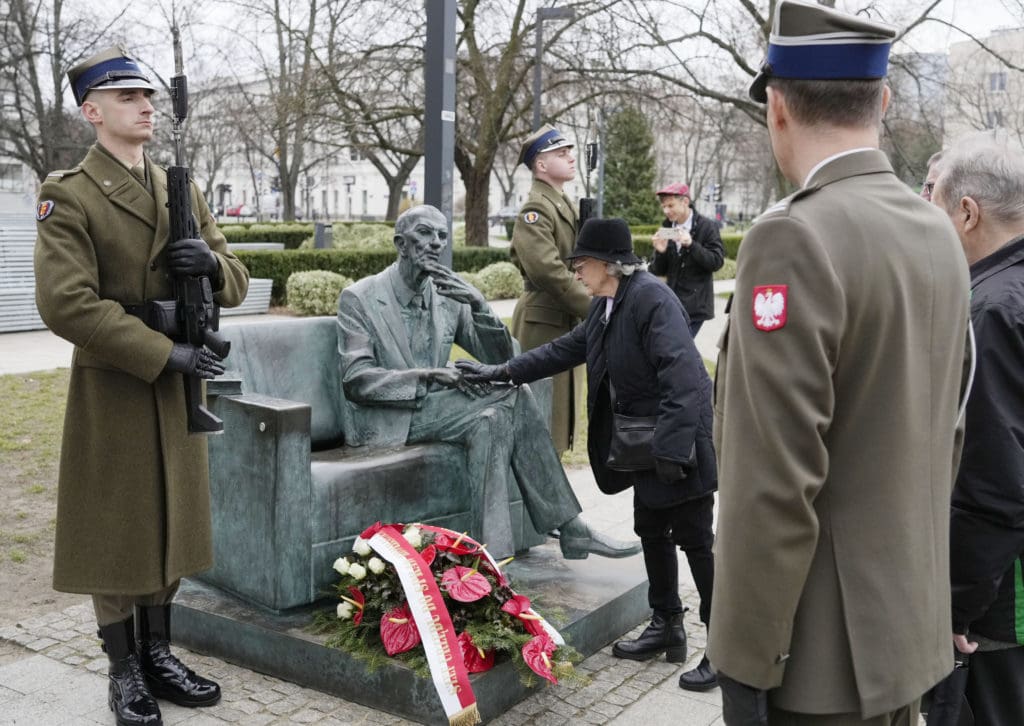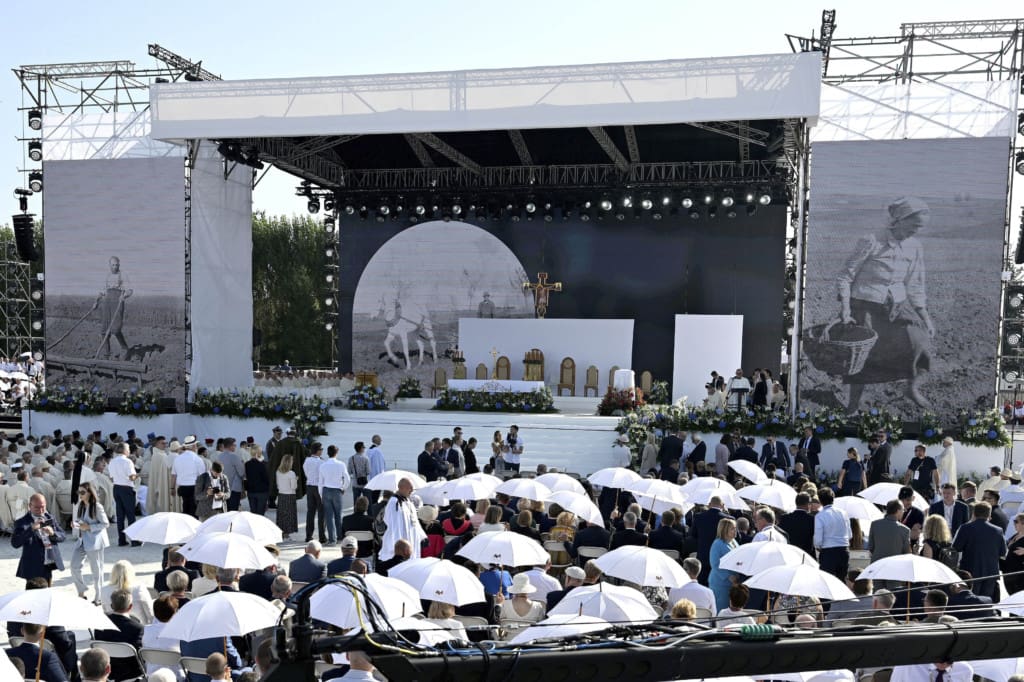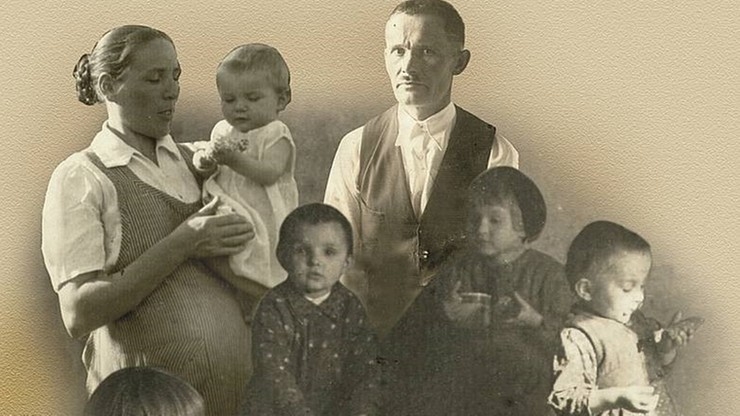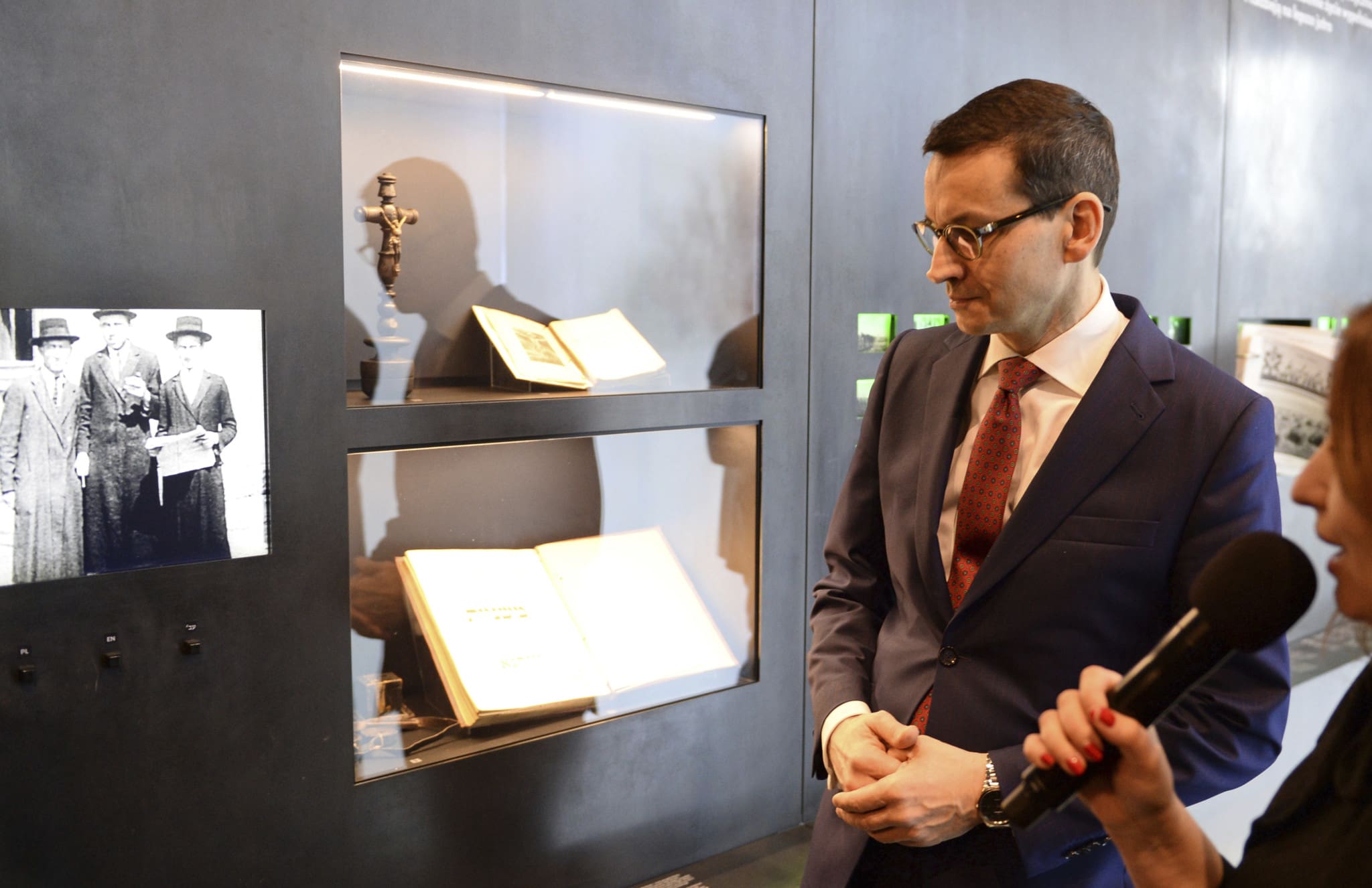Of all the alleged excesses of Poland’s “far right” government, the Law and Justice (PiS) party may be most remembered for having banned abortion.
This is not, however, an entirely political issue. Poland has shown itself particularly sensitive to a wider shift on the issue of abortion that is happening in the West and has long demonstrated exceptional solidarity with silenced voices that speak for the national struggle.
The Ulma family — shot in 1944 for sheltering Jews during the Holocaust — has recently been beatified, including their youngest, unborn child. Not everyone in Poland is happy, especially the recognition of an unborn child as a saint.
“Should the Ulma be commemorated? Yes, of course. Should they be commemorated now? Absolutely not,” railed Polish historian Jan Grabowski in a Facebook post. “In the present context of militant nationalism, the ultimate sacrifice of the Ulma family is cynically used by people of bad will to distort the history of the Holocaust.”

However, the acknowledgment of an un-baptized martyr is an extraordinary event that goes far beyond the scope of the Holocaust. It is a challenge to the strange inhumanity of the era of Human Rights we enjoy today.
To contextualize the modern relevance of the unborn Ulma child, it is worth referencing the strange case of an English nurse Lucy Letby, who has just been convicted of murdering seven neo-natal babies in her care. As the Letby case illustrates, the beatification of the Ulmas relates to the modern, ongoing, crisis in which we disregard human life to this day
Our self-conflicted society scours a vast and growing lexicon of pathologies to explain the behavior of mass murderers such as Letby, and yet in her case, it comes up blank. She was apparently a normal girl; the type of health worker everyone applauded for good work during the pandemic. Yet, despite the outrage over the murdered babies in the nurse’s care, in the same hospital, nurses were being paid to kill unborn children.
Society has a natural revulsion towards the murder of babies, yet many of these neo-natal babies in Letby’s ward could have just as well been aborted and their erasure would have been met with silence. So, before we add “Letby Syndrome” to the list of mental health illnesses, maybe we’re looking for the wrong type of explanation for her behavior. Maybe, in many ways, her behavior was celebrated, and in her view, it was only a minor distinction that the children were born or in the womb.

Socialized healthcare workers must know their penicillin from their abortifacients, but in the process, they deploy medicine that saves lives along with medicine that destroys lives. How many people now inhabit that liminal space between society’s stated and actual values, showing care for the world departed while ignoring or operating with simple pragmatism towards the world that may come. How many life-savers in the medical profession must comply with the disposal of the helpless and the voiceless, all in the name of upholding liberty and human rights?
The Polish politicians are ultimately outraged over the beatification of an unborn child are outraged that an unborn child has been given a voice.
You hardly have to take a stance on the morality of abortion to see the conundrum here: Surely, many people in that structure operate under the huge pressure of cognitive dissonance. Mutually exclusive values may coexist in a society and in an institution, but they can’t happily converge in an individual person.

To the dismay of Grabowski and many others, the Ulma’s sacrifice has been tied up with aspects of Poland’s political life. Already recognized as “Righteous Among the Nations” by the Yad Vashem institute, the date of the Ulma’s murder is now designated as the Remembrance Day for the Poles who rescued Jews under German occupation, of whom there are about 6,000. Polish
President Andrzej Duda, party leader Jaroslaw Kaczynski, and Prime Minister Mateusz Morawiecki were present in the Ulma’s village of Markowa for the beatification ceremony. But, although often invoked in the same breath as the Żegota program of the Polish Underground State, the Ulmas were in fact acting in a completely non-political, Christian, capacity. In this capacity, the beatified Ulmas are therefore iconic of an entire social effort to re-instate the dignity of life, as demonstrated by Poland’s anti-abortion law.
The trouble is that the values of the Polish nation align so closely with the preservation of the helpless and voiceless, that it is too easy for nay-sayers to supply bad political intentions to the Ulma’s veneration.
Perhaps Poland’s true will to preserve the helpless and voiceless will become clearer now that Kaczynski, Morawiecki and PiS’s pro-life agenda must fight in the opposition.






